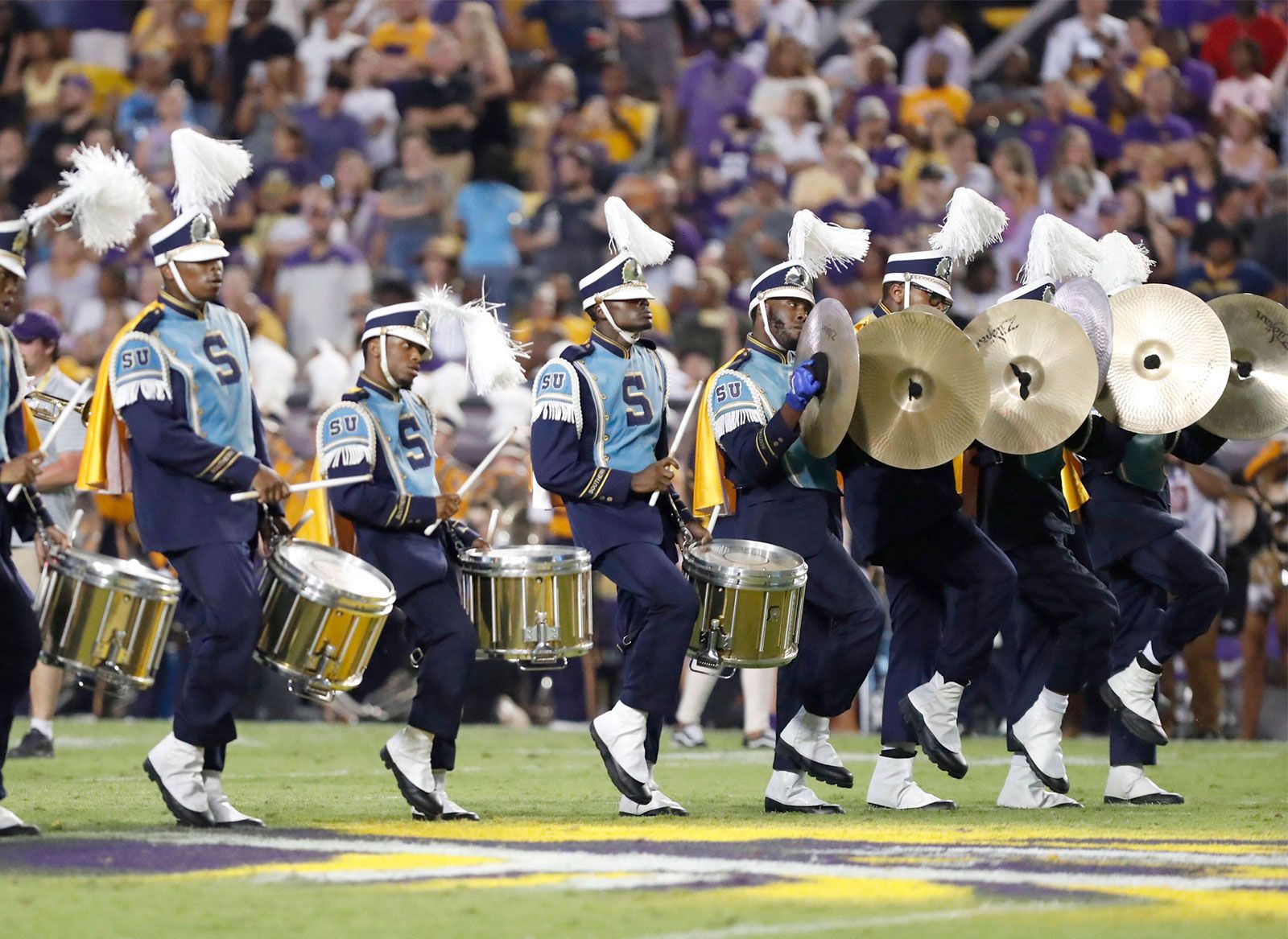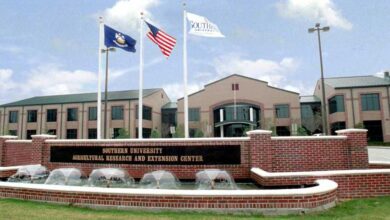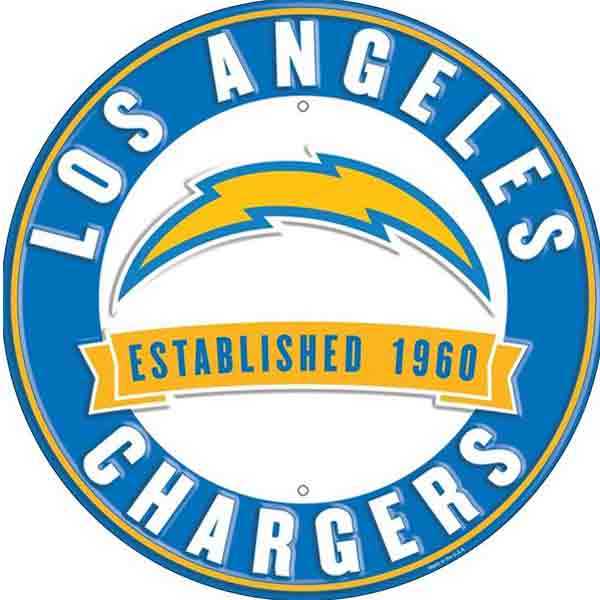Southern University | HBCU, Historically Black Colleges & Universities

Southern University, state-supported university system of Louisiana, U.S., comprising three coeducational units in Baton Rouge, New Orleans, and Shreveport. The main unit, Southern University and Agricultural and Mechanical College, is a historically African-American, land-grant institution located in Baton Rouge. It offers about 65 undergraduate degree programs and some 30 graduate programs. John B. Cade Library contains a Black Heritage Collection. University centres conduct research in such fields as energy and the environment, sickle-cell disease, agriculture, business, and social issues. Southern conducts various programs in conjunction with Louisiana State University, which is also based in Baton Rouge. The New Orleans campus comprises colleges of arts and social sciences, education, business, and science, as well as a school of social work. The Shreveport campus is a two-year college that grants three associate degrees. Total enrollment on all three campuses exceeds 15,000 students.
Southern University’s Human JukeboxSouthern University’s Human Jukebox marching band performed at the Southwestern Athletic Conference championship halftime show in 2022.
Based on a state constitutional convention mandate of 1879, Southern University was chartered and incorporated in 1880 “for the education of persons of color.” It opened in Baton Rouge in 1881. In 1890 an agricultural and mechanical department was added. Two years later it became a land-grant institution under the aegis of the Federal Act of 1890, known as the Second Morrill Act. In 1914 it closed and was relocated to Scotlandville, a suburb adjoining Baton Rouge. The Law Center, established in 1946, opened the following year, while the Graduate School began operations in 1957. The campus at New Orleans was founded in 1956 and opened in 1959. The campus was integrated after a white woman sued the institution in 1964. That same year the Shreveport campus was established; it opened in 1967. Notable among the school’s courses of study is a unique associate-degree program in jazz, with an emphasis on Louisiana music.




